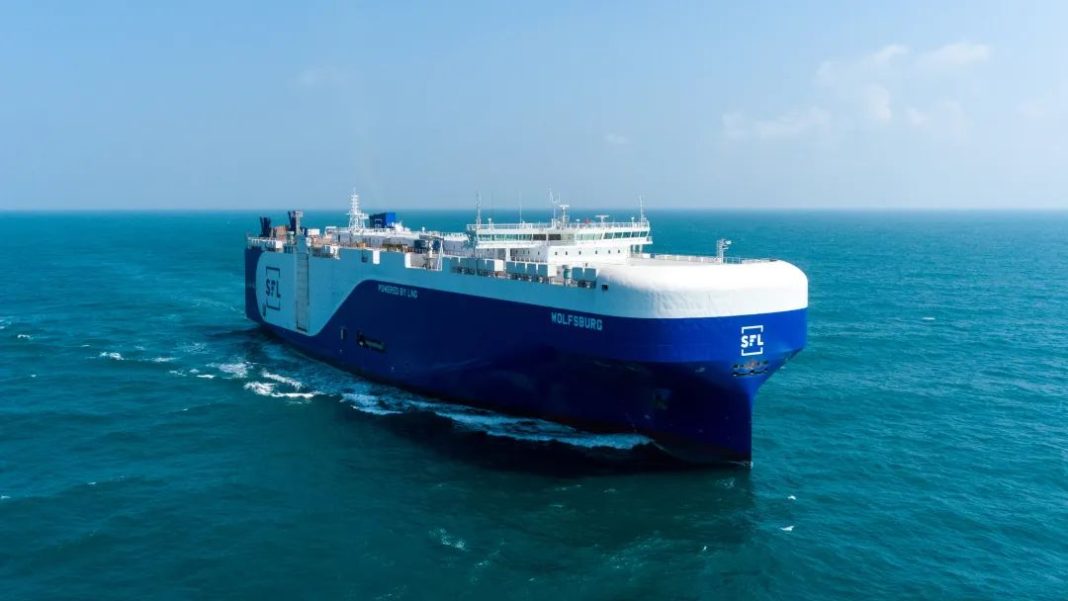Classification society DNV has added four LNG-powered ships and four methanol-fueled vessels to its Alternative Fuels Insight platform in November.
DNV said on Monday that all eight orders were withing the RoRo and car carrier segment.
The firm reported six LNG-powered ships and 14 methanol-fueled orders in October.
So far this year, DNV’s platform has logged 268 new orders for alternative fuel vessels, including 112 LNG-powered and 152 methanol-powered ships.
June and July saw the most activity related to LNG with 47 new orders combined, whereas July propelled methanol-powered vessels across the 200 ships mark with 48 new orders.
“While November’s performance may not have matched the volume of previous months, the overall enthusiasm and promising trajectory remain for both LNG and methanol. The same goes for ammonia,” Martin Wold, principal consultant in DNV’s maritime advisory business, said.
“In general, the pipeline for both announced and unannounced projects remains strong, indicating that the pace will pick up again. However, it’s worth noting that the momentum we see in the tanker and bulk segments continues to experience a more gradual acceleration,” he said.
460 LNG-powered ships in operation
DNV’s platform shows that there are now 460 LNG-powered ships in operation, while owners placed orders for 528 LNG-fueled vessels.
LNG-powered crude oil tankers lead the way with 73 in operation, followed by 66 containerships, 50 oil/chemical tankers, and 43 car and passenger ferries.
As per vessels on order, LNG-powered containerships account for a big part of the orders with 198 units. Shipping firms also ordered 139 car carriers, 48 oil and chemical tankers, 36 crude oil tankers, and 32 bulk carriers.
These statistics do not include smaller inland vessels or dual-fuel LNG carriers.
51 LNG bunkering vessels and 202 LPG-powered ships
Besides LNG-powered vessels, there are 51 LNG bunkering vessels in operation and 15 on order, the platform shows.
In addition to 988 confirmed LNG-powered ships, the fleet powered by alternative fuels also includes 234 methanol-fueled vessels, 202 LPG-powered ships, and 30 hydrogen-fueled vessels, according to the platform.

